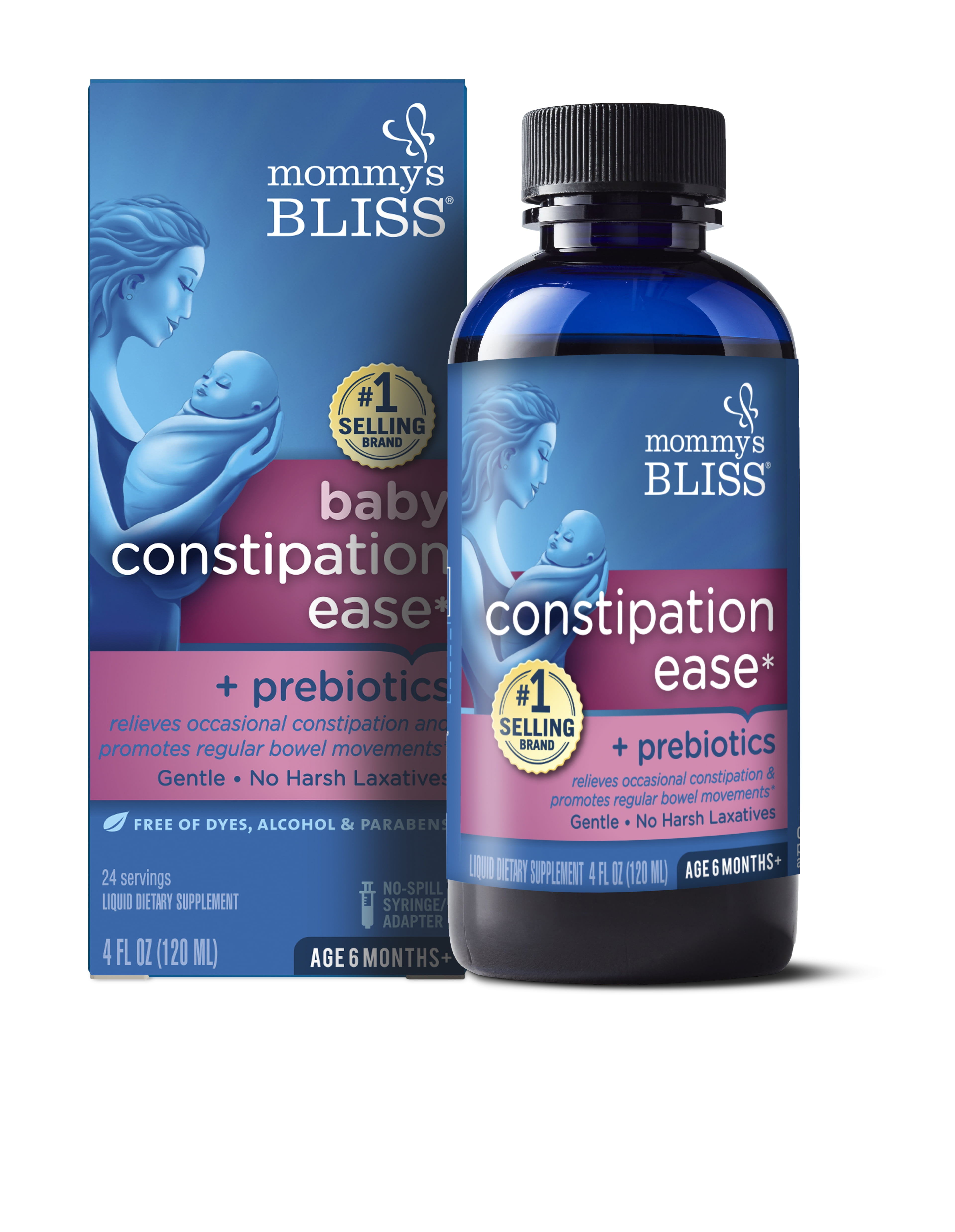
Baby Constipation: A Comprehensive Guide for Parents
Constipation is a common problem among infants and toddlers, affecting up to 25% of children under the age of two. It can be a frustrating and uncomfortable experience for both the baby and the parents. This article provides a comprehensive guide to baby constipation, including its causes, symptoms, treatment options, and preventive measures.
Causes of Baby Constipation
- Dietary factors: Insufficient fiber intake, dehydration, and excessive consumption of processed foods can contribute to constipation.
- Medical conditions: Certain medical conditions, such as Hirschsprung’s disease, hypothyroidism, and cystic fibrosis, can cause constipation.
- Medications: Some medications, such as iron supplements and certain antibiotics, can have a constipating effect.
- Toilet training: The transition to toilet training can sometimes lead to constipation as toddlers may hold back bowel movements due to fear or discomfort.
- Psychological factors: Stress, anxiety, and changes in routine can also contribute to constipation in babies.
Symptoms of Baby Constipation
- Infrequent bowel movements: Less than three bowel movements per week is considered constipation in babies.
- Hard, dry stools: Stools that are difficult to pass and may be pellet-like or pebble-like in shape.
- Straining and discomfort: Babies may cry or show signs of discomfort when trying to pass a bowel movement.
- Abdominal pain: Constipation can cause bloating, gas, and abdominal pain.
- Loss of appetite: Constipation can lead to a decreased appetite and weight loss.
Treatment Options for Baby Constipation
- Dietary modifications: Increasing fiber intake by offering fruits, vegetables, and whole grains can help soften stools.
- Hydration: Ensuring adequate fluid intake, especially water, can help prevent dehydration and soften stools.
- Massage: Gently massaging the baby’s abdomen in a clockwise motion can stimulate bowel movements.
- Warm baths: Soaking the baby in a warm bath can relax the muscles and promote bowel movements.
- Over-the-counter laxatives: In some cases, over-the-counter laxatives, such as glycerin suppositories or mineral oil, may be recommended by a healthcare professional.
- Prescription medications: In severe cases, prescription medications may be necessary to treat constipation.
Preventive Measures for Baby Constipation
- Offer a balanced diet: Include plenty of fruits, vegetables, and whole grains in the baby’s diet to ensure adequate fiber intake.
- Encourage hydration: Offer water or breast milk throughout the day to prevent dehydration.
- Avoid processed foods: Limit the consumption of processed foods, sugary drinks, and high-fat foods, which can contribute to constipation.
- Establish a regular routine: Create a regular feeding and sleeping schedule to help regulate bowel movements.
- Encourage physical activity: Engage the baby in age-appropriate physical activities, such as tummy time and crawling, to promote digestion.
- Avoid toilet training too early: Wait until the baby shows signs of readiness before starting toilet training to minimize the risk of constipation.
When to Seek Medical Attention
- If the baby has not had a bowel movement for more than three days.
- If the baby’s stools are hard, dry, or bloody.
- If the baby is straining or crying excessively when trying to pass a bowel movement.
- If the baby has abdominal pain, bloating, or loss of appetite.
- If the baby has a fever or other signs of illness.
Conclusion
Baby constipation is a common problem that can be managed with appropriate treatment and preventive measures. By understanding the causes, symptoms, and treatment options, parents can help their babies overcome constipation and maintain healthy bowel habits. It is important to consult a healthcare professional if the baby’s constipation is severe or persistent to rule out any underlying medical conditions.
